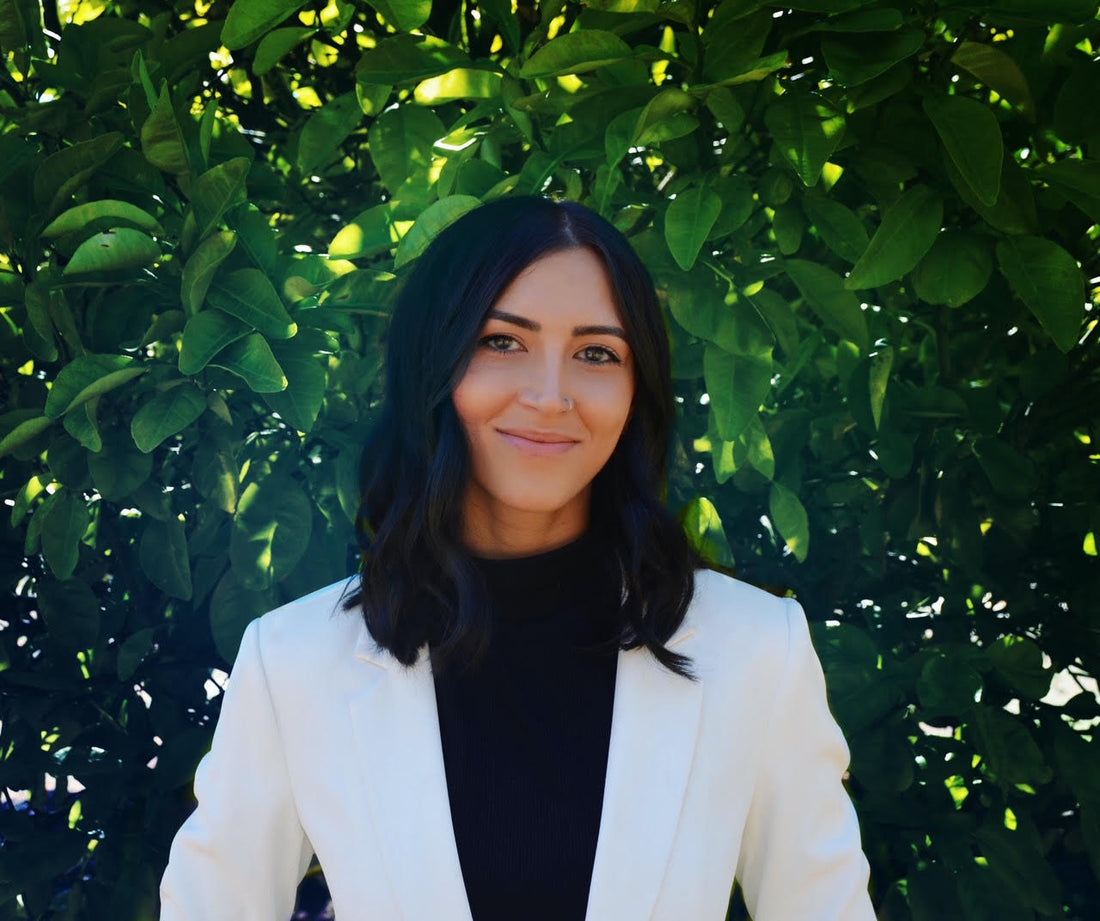Mia Sarno, aka “Dr. Mimi” is a gender-fluid, pansexual licensed clinical psychologist working with a clinic providing ketamine-assisted psychotherapy and is a study therapist for research with LSD and psilocybin.
Why Is Queering Psychedelics Important?
Queerness and psychedelics both have a reputation for blasting past artificially imposed limitations, creating space for self-expression and healing transformation. Combined, queerness and psychedelics can be life-changing. It was for clinical psychologist Mia Sarno.
“I don't know if I ever would have had the courage to even come out to myself had I not had my own work with psychedelics and had supportive people to integrate with those experiences,” said Sarno. “And I've had clients so far in ketamine work that have felt that psychedelic work is identity affirming.”
Now imagine what happens when you get a bunch of queer and gender-diverse psychonauts in a room together. That’s exactly what happened when Sarno moderated the Queering Psychedelics conference in San Francisco. The conference strives to uplift the voices of queer visionaries and examine the history of psychedelics from queer and non-binary perspectives. The conference was brimming with queer and gender-diverse people as well as passionate allies.
“Everyone was so loving and kind and supportive, and everyone felt like chosen family immediately,” Sarno warmly mused. “So many of us in that space really value chosen family There's so much awful stuff happening with anti-trans bills and anti-LGBTQ bills and people being so hateful and violent, and being able to come together and remember that we're beautiful and loving and kind to each other, that’s so healing for everyone.”
Queerness and Psychedelics Could Massively Shift Perspectives
When describing queerness, Black Canadian poet Brandon Wint says: “Not queer like gay. Queer like, escaping definition. Queer like some sort of fluidity and limitlessness at once. Queer like a freedom too strange to be conquered. Queer like the fearlessness to imagine what love can look like and pursue it.”
This limitless quality shared by queerness and psychedelics holds the potential to create massive perspective shifts towards ourselves, others, and what’s possible in the culture at large. And like queerness, psychedelics don’t come as one-size-fits-all.
“Psychedelics are rich and infinite and diverse and complex and it was really awesome to hear from different people that use them differently in their communities with different training and background and education and mentorship and things like that,” notes Sarno. “People in indigenous and ceremonial spaces, creative spaces, queer spaces, community spaces, academic spaces, medical spaces like school, everything. And what was cool to see also is that it wasn't just the academic research…everyone was celebrating all of the things and that was awesome.”
It’s important to remember the first Pride was a riot, and amongst the rainbows of celebration is also an ethic to fight oppression. That includes examining the complicated and sometimes deeply problematic history of queerness and psychedelics. Sarno advises, “It's important to acknowledge that there is a significant history of harm in this field of psychedelics for queer and trans people and gender diverse people. When psychedelics were first being explored decades ago, before research got shut down, there were instances of psychedelics being used for conversion therapy, which is so horrendous. Conversion therapy is horrendous in and of itself. And then just adding a really extreme mind altering substance to it just makes me feel sick to think about that. Absolutely horrifying.”
Overcoming the Dark Past of Psychedelics Within the LGBTQ+ Community
As we hold the complexity of these non-conforming spaces, we must also face the harmful behavior of some of our leaders in the field. Sarno discussed the way, “[Timothy Leary] promoted LSD as a cure for homosexuality and Ram Dass supported some work being done with conversion therapy and psychedelics. So even people that we kind of celebrate. And I think it's important to know that.”
This is part of the reason why inclusion and representation are critically important. As Sarno cautions, without both of those things it can be “hard for anyone with any marginalized identity to feel like someone's going to understand you and be able to hold space for you when you look around and see a lack of representation. Especially because psychedelics open you up to such a more vulnerable place than even traditional therapy, which is already vulnerable.”
Now is the time to expand research on how psychedelics impact the queer community. A psychedelic journey can become a doorway to multidimensional change, breaking self and culturally imposed ways of thinking—if done with the proper care.
“After an experience, your whole world can feel different and everything you've thought about yourself can be different,” said Sarno. “And being with a facilitator that doesn't have the capacity or humility or ability to hold that space for identity-related content can be harmful.”
The intentional intersection of queerness and psychedelia offers the potential for new imaginings and profound change for ourselves and the world we want to live in.
“Every time I'm in a space that's really radically inclusive and colorful and queer, I'm reminded that life is so much more beautiful and rich when we're being our full selves in our multifaceted nature and complexity,” said Sarno. “And I’m also reminded that none of us benefit from playing small and hiding ourselves.”
Sara Russell is a relationship coach and the host of the Trends w/ Benefits Podcast.
Listen: Treating Veterans with Psychedelics - The Heroic Hearts Project
Read More: MDMA for Racial Trauma
Read More: Why Every New Dad Should Join a Men’s Group




